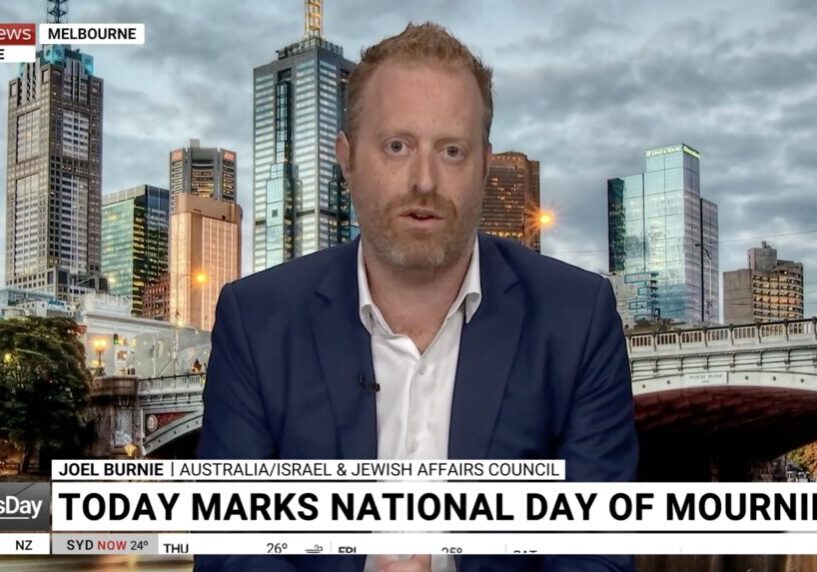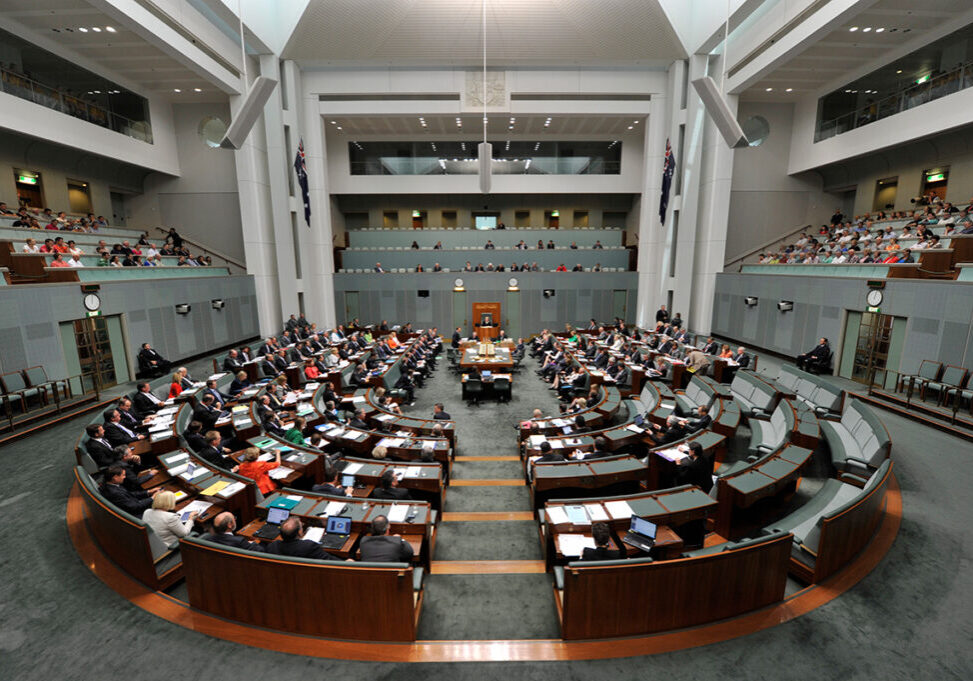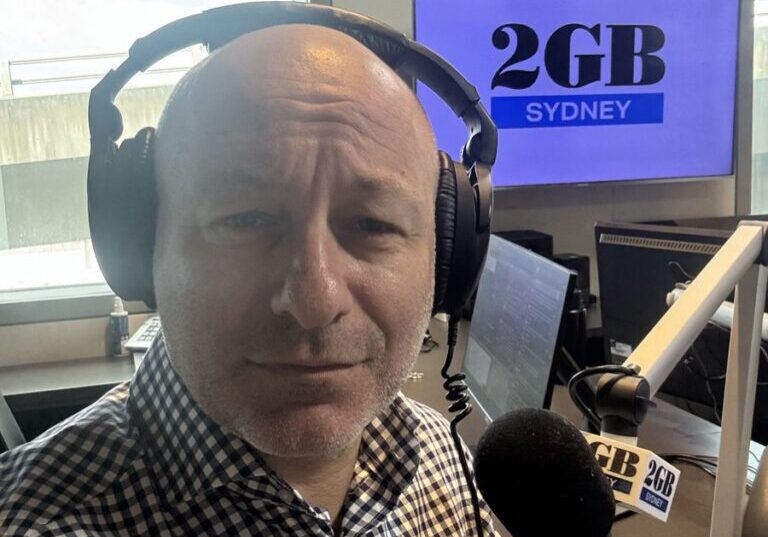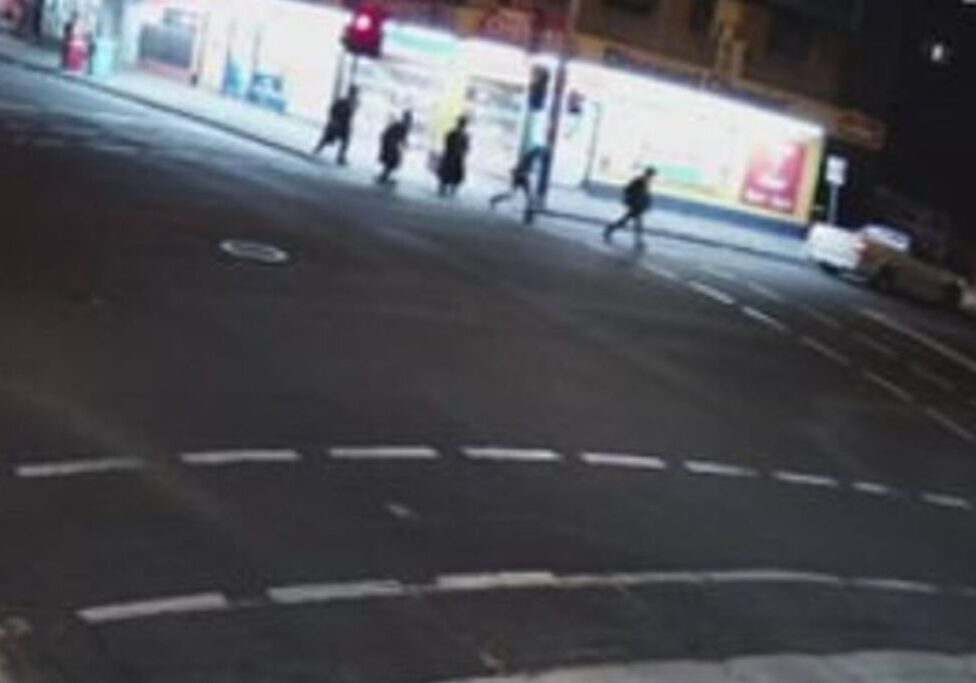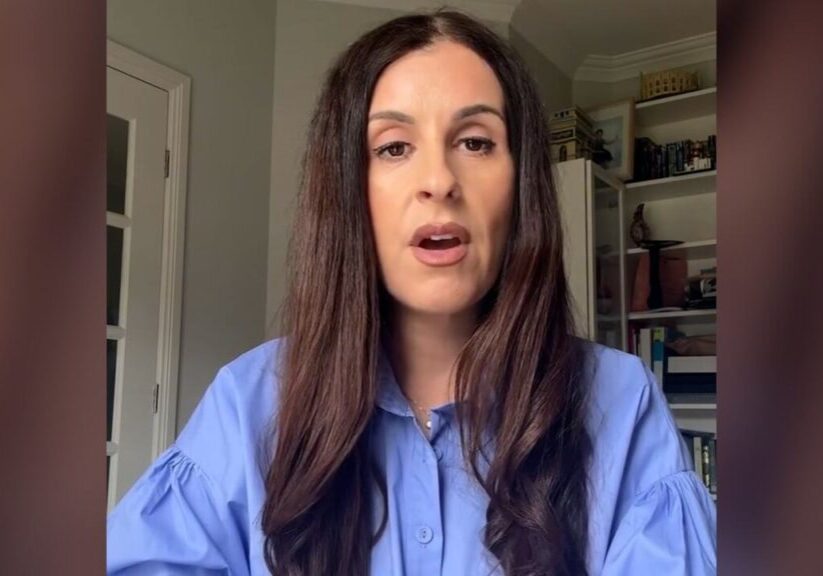Australia/Israel Review
Media Microscope: Burying the Lede
Dec 21, 2018 | Allon Lee
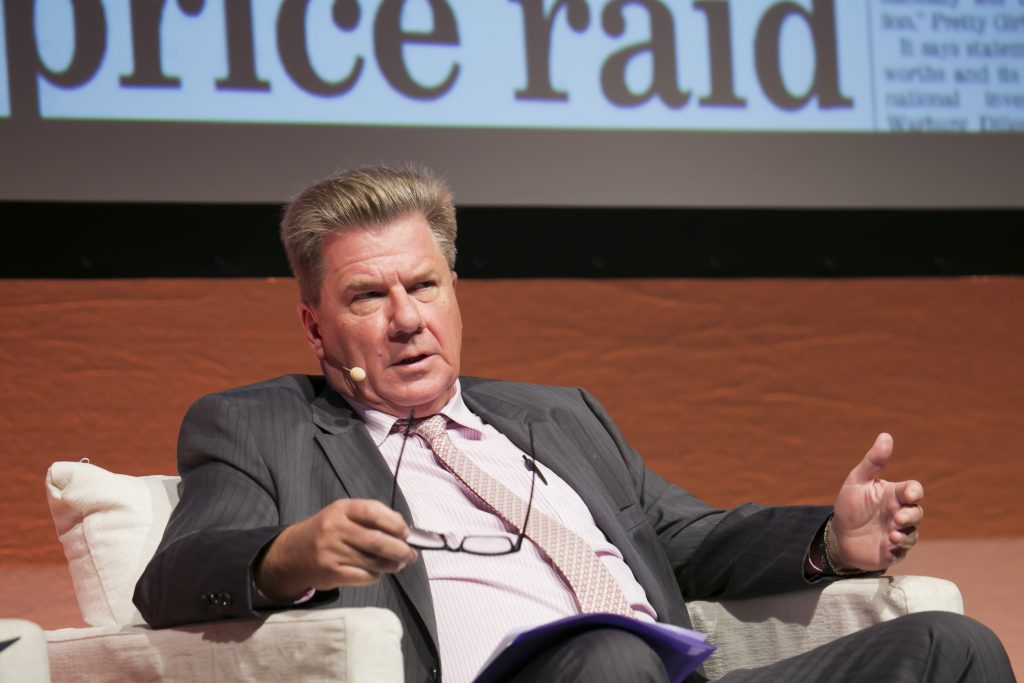
As the debate over whether Australia should recognise Jerusalem as Israel’s capital and move its embassy there entered its third month, the Fairfax papers continued with their modus operandi of giving little prominence to stories that might challenge their favoured narrative that any change to the status quo is obviously a bad idea.
This is a pity because Fairfax correspondents filed some fine stories from Indonesia that warranted prominence.
One example was James Massola and Karuni Rompies’ report (Nov. 23) that Indonesian presidential candidate Prabowo Subianto was disinclined to make an issue of the Australian government review. He was quoted saying, “Regarding the moving of the embassy, I haven’t read about Australia’s [final] decision on moving its embassy to Jerusalem. As Palestine’s supporter, we of course have our own opinion. But Australia is also an independent and sovereign state so we must respect their sovereignty.”
On Dec. 2, Massola and Rompies reported that, of 250 demonstrators outside Australia’s embassy in Jakarta the previous day, half were paid to attend and few could explain what they were protesting about.
Six days later, Massola and Rompies reported that Nanang Kosim, “the man who helped pay the protesters demonstrating against Australia at its embassy in Jakarta is the head of ‘Jomin’, one of President Joko Widodo’s official volunteer teams campaigning for his re-election.”
In a Fairfax podcast (Nov. 22), Sydney Morning Herald writer Nick O’Malley said, “after the creation of Israel after World War Two, hundreds of thousands, if not millions of Palestinians, were displaced.” The number of displaced Palestinian Arabs in 1948 is estimated at 750,000. He said in 1974 the UN passed a resolution on “how this dispute should in the end be settled” which would be a two-state solution. Actually, the 1974 General Assembly resolution was completely non-binding – the basis for all peace negotiations has been Security Council Resolution 242, passed in 1967. Also on the podcast was pro-Palestinian activist Sara Saleh who said Israel had “killed the two-state solution” through decades of “non-stop military expansionism”. Surely Palestinian leaders walking away from Israeli offers of a state that includes sharing east Jerusalem and the equivalent of almost 100% of the West Bank (under the 2008 offer) and recently refusing to negotiate, period, has done more to kill the two-state solution?
Looking at the sweep of media coverage on the issue, the Australian’s Chris Mitchell (Nov. 26) attacked Fairfax and the ABC, opining, “only the media has handled the question of moving Australia’s embassy in Israel from Tel Aviv to Jerusalem worse than the government.”
Much of the coverage, Mitchell said, was motivated by “standard anti-conservative, anti-Trump” animus. He said the ABC and Fairfax stifled pro-embassy move voices, failed to identify the background of many opposing it and in the case of Federal Trade Minister Steve Ciobo, the ABC had misrepresented him to make it appear he opposed an embassy move.
Mitchell agreed with Australian colleague Greg Sheridan’s column (Nov. 22) that the issue had gained little publicity in Indonesian media and that there was nothing wrong with Australia making foreign policy “values-based” decisions as an act of solidarity with Israel.
Also in the Australian (Nov. 21), Lowy Institute analyst Rodger Shanahan said people insisting Australia’s foreign policy should not be decided by Indonesia or Malaysia “rings somewhat hollow given Morrison’s thought bubble… followed less than six months from Trump moving the embassy.”
Yet there is absolutely no evidence the US ever asked or pressured Australia to consider moving its embassy.
A report by Channel Nine’s Michael Best from Israel (Dec. 2) claimed the US Embassy move to Jerusalem on May 14 prompted riots that led to more than 50 Palestinians being shot dead by Israel. In fact, the vast majority of the dead were acknowledged by Hamas to be their own fighters. Moreover, major demonstrations were planned well in advance of the embassy move for the same week in May to coincide with “Naqba day”, when Palestinians mourn Israel’s creation.
AIJAC’s Colin Rubenstein said the vocal opposition of Indonesia, as well as Malaysian President Mahathir Mohamad, should not preclude Australia moving its embassy, arguing that recognition and moving the embassy “demonstrates that continued Palestinian rejectionism and incitement, and their very refusal to negotiate, is the major stumbling block and Palestinian leaders cannot continue down this path without paying a price,” West Australian (Nov. 27).
Tags: Australia, Israel, Media/ Academia

